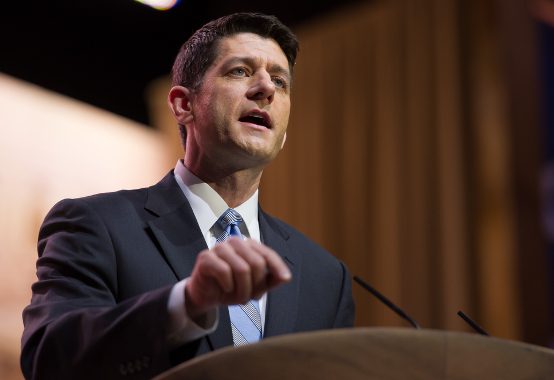Garry Wills Is Wrong About Guns, and So Is the Constitution
I’m grateful to Scott Galupo for reviving Gary Wills’s provocative interpretation of the Second Amendment. As one might expect from encounters with Wills’s other work, this interpretation is learned, brilliant…and wrong.
Wills insists that the Second Amendment is a cunning legal maneuver that gives the government the authority to set limits on the possession and use of guns by linking the right to “keep and bear arms” to the regulation of militias–an enumerated power of Congress in Article I, Section 8.
As Sanford Levinson points out in this response, that interpretation is logically coherent but historically implausible. Given America’s mythologized origins in citizen revolt, Levinson suggests, a more convincing reading of the amendment can be found in Joseph Story’s classic Commentaries on the Constitution. Here is what Story has to say:
The importance of this article will scarcely be doubted by any persons, who have duly reflected upon the subject. The militia is the natural defense of a free country against sudden foreign invasions, domestic insurrections, and domestic usurpations of power by rulers…. [L]arge military establishments and standing armies in time of peace…afford to ambitious and unprincipled rulers [means] to subvert the government, or trample upon the rights of the people. The right of the citizens to keep and bear arms…offers a strong moral check against the usurpation and arbitrary power of rulers; and will generally, even if these are successful in the first instance, enable the people to resist and triumph over them…
If Story is right about the thinking behind the Second Amendment, as I believe he is, the claim that private ownership of guns is “necessary to the security of a free State” rests on two arguments that correspond to different strands of modern political philosophy.
The first is the familiar Lockean argument that the people retain a right of revolution against rulers who become despotic, even if they were at one time legitimate. Since this right doesn’t mean much if it can’t be enforced, the people must also have the right to possess and use the means of self-defense against tyranny, i.e. arms. The American people saw themselves as having exercised that right in 1776. And many continued to believe, as Story indicates, that the continuing possibility of its exercise was a valuable safeguard against an overweening government.
The second argument focuses on external threats to freedom, namely invasion. This position is associated with the modern republican tradition whose most famous representative is Machiavelli. According to Machiavelli, republics defended by an armed citizen body are more difficult to conquer and rule than those defended by mercenaries. In the context of continuing tensions with imperial Spain, France, and Britain (see Federalist #1), it is unsurprising that 18th century Americans found this view appealing.
The problem for contemporary defenders of the 2nd Amendment is that both the Lockean and republican justifications for an individual right to keep and bear arms turned out to be wrong.
First, the Lockean argument conveniently ignores the role of professional officers and foreign intervention in the Revolutionary War. Early battles did involve armed citizens under paramilitary organization. The final victory at Yorktown, however, was won by trained veterans wielding imported rifles and supported by foreign artillery and naval forces. Although they made some dramatic stands, it had quickly become clear that militias could not defeat regulars–and that trusting the colonies’ freedom to them was therefore unwise. The same lesson would be reinforced when Washington’s army put down a different group of disgruntled farmers in Shays Rebellion.
What’s more, the age of revolution was only dawning when the Constitution was ratified in 1788. And the model of revolution transmitted from France to the rest of the Continent did not involve an armed citizenry operating under paramilitary discipline, as the Lockean argument suggests, but rather the seizure of capitals by proletarian mobs. In short, history gives little reason to think that private ownership of guns is necessary for effective revolution.
The weakness of the armed people in comparison to a professional army was reinforced when the British returned as invaders in 1812. Americans thought citizens fighting for their own homes with their own rifles would easily defeat hirelings fighting for a wage. They were wrong. One lesson of 1812 was that a standing army is necessary to the security of a free state, despite its inherent dangers.
The inadequacy of these arguments is irrelevant to the legal authority of the 2nd Amendment. Until it is altered by the people and the representatives, I see no alternative to the conclusion that the Constitution protects an individual right to bear arms. But consideration of the theoretical and historical background to the 2nd Amendment provides a useful reminder that our Constitution is the work of a specific place and era, rather than the pure expression of timeless wisdom. We owe it respect and should not change it lightly. Reverence, however, is more appropriate to the works of God than of men.
